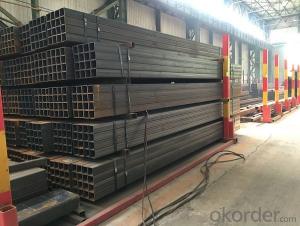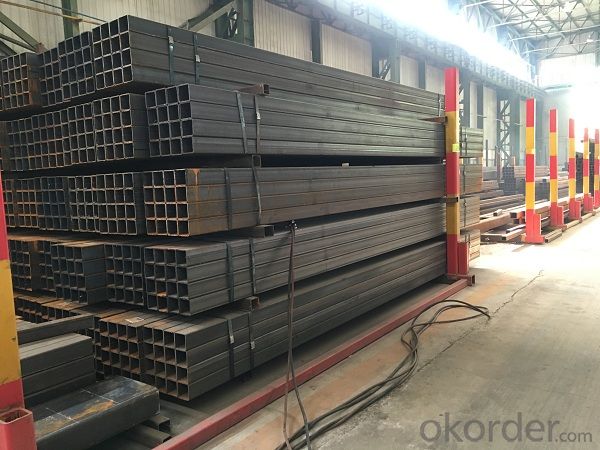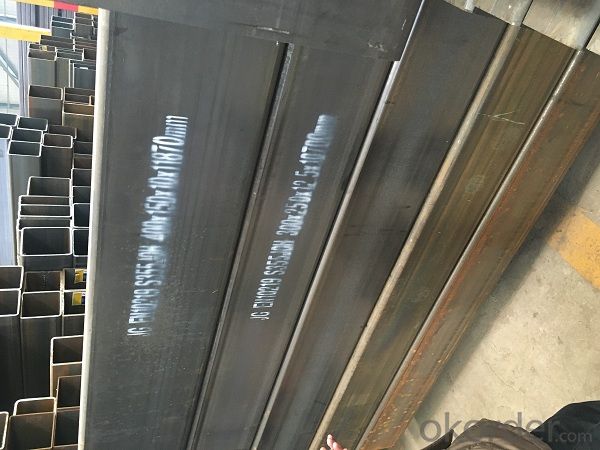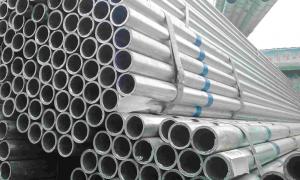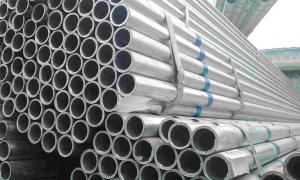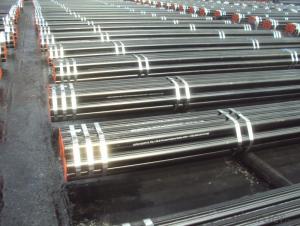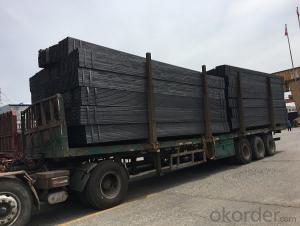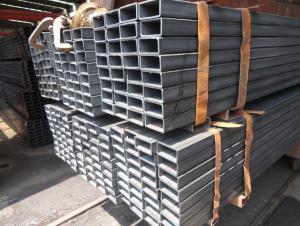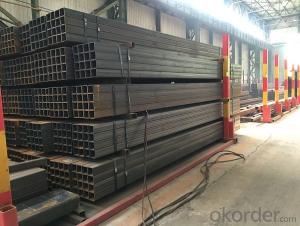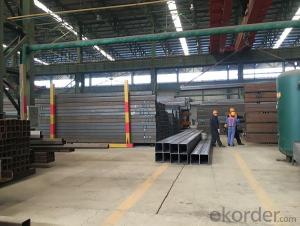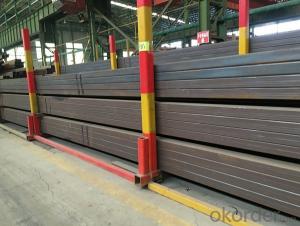Square rectangular tube for high quality structure hot sell
- Loading Port:
- Tianjin
- Payment Terms:
- TT OR LC
- Min Order Qty:
- 10 m.t.
- Supply Capability:
- 9000 m.t./month
OKorder Service Pledge
OKorder Financial Service
You Might Also Like
Specification
1、Structure of Square rectangular tube for high quality structure
Square tube, square tube is a kind of call and rectangular tube, is equal and not equal to the length of steel pipe. Is the strip through the process of processing roll system. In general is the strip through the demolition of the package, flat, curly, welded to form a circular tube, and then rolled into a square tube and then cut into a square tube and then cut into the required length.
2、Main Features of Square rectangular tube for high quality structure:
• High manufacturing accuracy
• High strength
• Small inertia resistance
• Strong heat dissipation ability
• Good visual effect
• Reasonable price
3、 Square rectangular tube for high quality structureSpecification:
Standard | GB, DIN, ASTM |
Grade | 10#-45#, 16Mn 10#, 20#, 45#, 16Mn |
Thickness | 1.5 - 25 mm |
Section Shape | Square and rectangular |
Outer Diameter | 20*20 mm-------400*400mm 20*30mm*300*500mm |
Place of Origin | Tianjin, China (Mainland) |
Length | 3-12M |
Outer Diameter | 20*20 mm-------400*400mm 20*30mm*300*500mm |
Grade | 235B 345B |
Standard | ASME, ASTM |
1) Material:(ASTM A 106/A53 GRB.API5LGRB,GB,235B,345B
2) Specification range:OD: 20*30mm----300*500mm 20*20 mm---400*400mm ,WT: 1.5 - 25 mm ,length:3-12m or according to the requirement of clients.
3) Excutive standards:GB,ASME API5L.ASTM A 106/A53,Despite of the above
4) Surface:black lacquered,varnish coating or galvanized.
5) Ends:Beveled or square cut,plastic capped,painted.
6) Packing:bundles wrapped with strong steel strip,seaworthy packing.
4、Packaging & Delivery
Packaging Details: | seaworthy package,bundles wrapped with strong steel strip |
Delivery Detail: | 15-30days after received 30%TT |
5、FAQ of Square rectangular tube for high quality structure:
①How is the quality of your products?
Our products are manufactured strictly according to national and internaional standard, and we take a test
on every pipe before delivered out. If you want see our quality certifications and all kinds of testing report, please just ask us for it.
Guaranteed: If products’ quality don’t accord to discription as we give or the promise before you place order, we promise 100% refund.
②How about price?
Yes, we are factory and be able to give you lowest price below market one, and we have a policy that “ for saving time and absolutely honest business attitude, we quote as lowest as possible for any customer, and discount can be given according to quantity”,if you like bargain and factory price is not low enough as you think, just don’t waste your time.Please trust the quotation we would give you, it is professional one.
③Why should you chose us?
Chose happens because of quality, then price, We can give you both.Additionally, we can also offer professional products inquiry, products knowledge train(for agents), smooth goods delivery, exellent customer solution proposals.Our service formula: good quality+good price+good service=customer’s trust
SGS test is available, customer inspection before shipping is welcome, third party inspection is no problem.
6、 Square rectangular tube for high quality structure Images:
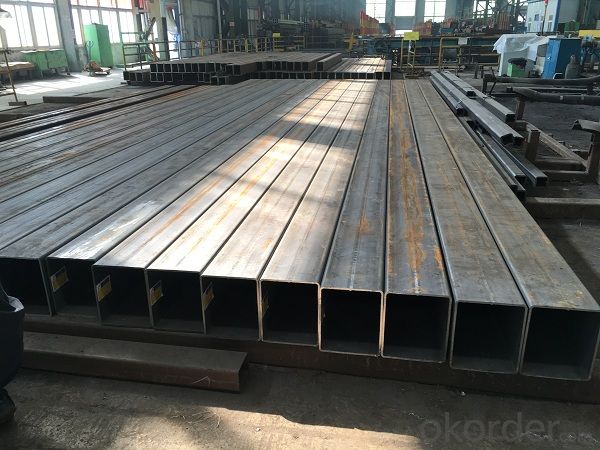
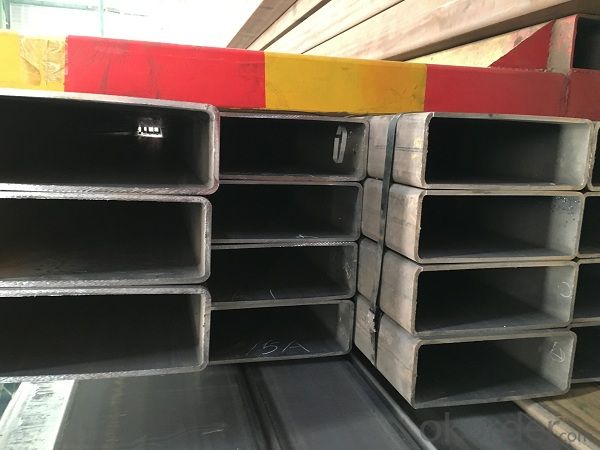
- Q: Are steel pipes suitable for underground oil pipelines?
- Steel pipes are indeed appropriate for underground oil pipelines. Steel is frequently employed in oil pipelines because of its considerable strength, durability, and resistance to corrosion. Underground oil pipelines encounter different external influences like soil displacement, humidity, and chemicals, but steel pipes can effectively endure these circumstances. Furthermore, by welding steel pipes, a seamless and uninterrupted pipeline can be formed, minimizing the chances of leaks or ruptures. Furthermore, steel pipes have a long history of successful utilization in the oil sector, offering a dependable and cost-efficient method of transporting oil underground.
- Q: How many fasteners are there in a ton of steel tubes?
- The fastener generally refers to the intermediate connecting parts connecting two members, in the construction project for external diameter of steel pipe scaffold with 48mm fixation, the fastener is divided into rectangular fastener (cross directional fastener fastener) rotary fastener (universal movable fastener fastener) (a direct docking fastener fastener fastener) etc..
- Q: Can steel pipes be used for underground water supply systems?
- Yes, steel pipes can be used for underground water supply systems. Steel pipes are durable, strong, and resistant to corrosion, making them suitable for underground applications. They can withstand high water pressure, provide efficient flow of water, and have a long lifespan. However, it is important to ensure that the steel pipes are properly coated and protected against corrosion to prevent any contamination of the water supply. Additionally, steel pipes are heavier than other materials, which may require additional support during installation. Proper maintenance and regular inspection are also crucial to identify any potential issues and prevent leaks or damage to the underground water supply system.
- Q: How are steel pipes used in the manufacturing of offshore wind turbines?
- Steel pipes are used in the manufacturing of offshore wind turbines for various purposes such as the foundation, tower, and substructure. These pipes provide structural support and stability to the turbine, ensuring its ability to withstand harsh offshore conditions and strong winds. Additionally, steel pipes are used to transport electrical cables, allowing the turbines to generate and transmit electricity efficiently.
- Q: How do steel pipes handle pressure surges?
- Steel pipes possess exceptional strength and durability, enabling them to effectively manage pressure surges. When pressure surges arise within a pipeline system, steel pipes exhibit the capability to withstand and absorb heightened forces without experiencing breakage or rupture. The commendable tensile strength of steel grants resistance against the pressure imposed upon the pipes, preventing deformation or collapse during sudden surges. Furthermore, steel pipes possess a commendable burst pressure rating, signifying their capacity to endure substantial pressure increases without succumbing to failure. Additionally, steel pipes are frequently engineered with thicker walls, bolstering their capacity to handle pressure surges. The increased wall thickness assists in distributing the augmented force evenly, thereby minimizing the possibility of localized stress and potential points of failure. Moreover, steel pipes are frequently employed in conjunction with fittings and valves specially designed to tackle pressure surges. These fittings and valves are composed of similar materials, ensuring compatibility and preserving the integrity of the pipeline system. All in all, steel pipes are excellently suited to manage pressure surges due to their strength, durability, and ability to endure high pressures. Their resistance to deformation, notable burst pressure rating, and compatibility with specialized fittings and valves render them a dependable choice for applications where pressure surges may arise.
- Q: Are steel pipes suitable for HVAC systems?
- Indeed, steel pipes prove to be a suitable option for HVAC systems. HVAC applications widely favor steel pipes due to their numerous advantages. Initially, their robustness and durability enable them to endure the high pressure and temperature requirements commonly associated with HVAC systems. Furthermore, steel pipes exhibit exceptional resistance to corrosion, rendering them suitable for both indoor and outdoor installations. Moreover, their extended lifespan significantly reduces the need for frequent replacements or repairs. Additionally, the availability of steel pipes in various sizes and thicknesses facilitates effortless customization and installation. Lastly, steel pipes offer a cost-effective solution for HVAC systems compared to alternative materials, making them a financially efficient choice. In conclusion, steel pipes emerge as a reliable and appropriate selection for HVAC systems due to their strength, durability, corrosion resistance, availability, and cost-effectiveness.
- Q: What are the different standards and specifications for steel pipes?
- There are several standards and specifications for steel pipes, including ASTM A53, ASTM A106, ASTM A333, and API 5L. These standards outline the requirements for the manufacturing, testing, and usage of steel pipes in various industries such as construction, oil and gas, and plumbing. The standards cover aspects like dimensions, mechanical properties, chemical composition, and tolerance levels to ensure the quality and reliability of the steel pipes.
- Q: Can steel pipes be used for offshore applications?
- Yes, steel pipes can be used for offshore applications. Steel pipes are commonly used in offshore oil and gas drilling operations, as they have high strength, durability, and resistance to corrosion, which are essential qualities for withstanding harsh marine environments. Additionally, steel pipes can be easily welded and fabricated to meet specific offshore project requirements.
- Q: Can steel pipes be used for chimney flues?
- Yes, steel pipes can be used for chimney flues. Steel pipes are commonly used for chimney flues due to their durability, heat resistance, and ability to withstand high temperatures. They provide a reliable and efficient solution for venting smoke and gases from a fireplace or stove.
- Q: How are steel pipes used in the chemical processing industry?
- Steel pipes are commonly used in the chemical processing industry for various purposes such as transporting chemicals, gases, and liquids, as well as for structural support and containment. They are highly durable, corrosion-resistant, and can withstand high temperatures and pressures, making them ideal for handling and conveying hazardous substances safely.
Send your message to us
Square rectangular tube for high quality structure hot sell
- Loading Port:
- Tianjin
- Payment Terms:
- TT OR LC
- Min Order Qty:
- 10 m.t.
- Supply Capability:
- 9000 m.t./month
OKorder Service Pledge
OKorder Financial Service
Similar products
Hot products
Hot Searches
Related keywords
